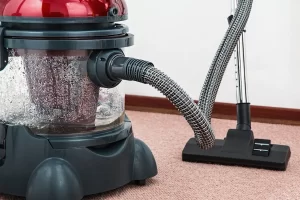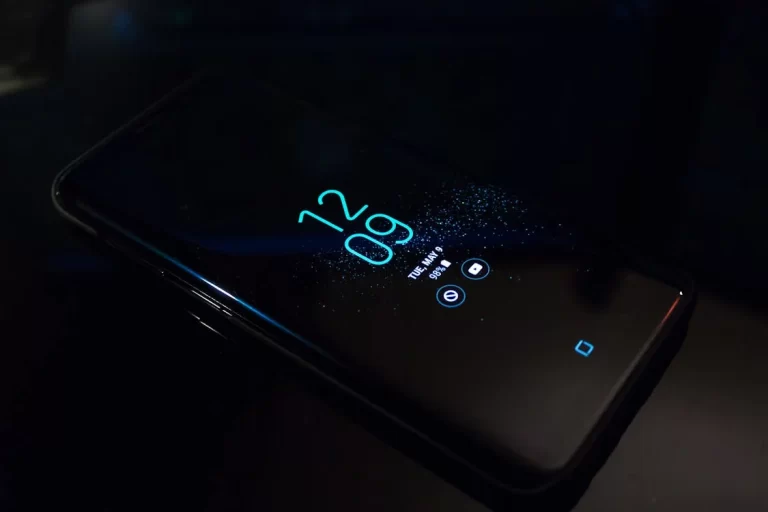Ah, the saga of vacuum cleaner battery life—it’s a tale filled with drama, suspense, and sometimes, sheer tragedy. Whether you’re a stay-at-home hero or an office cleaning virtuoso, there’s nothing quite like the heartache of a dead battery mid-clean. It’s like the ultimate cliffhanger—will your vacuum cleaner battery last, or will it leave you in a dusty lurch? Let’s dive into the dramatic world of vacuum cleaner battery life and how you can avoid the tragic ending.

The Life and Times of a Vacuum Cleaner Battery
The Birth of a Battery
Vacuum cleaner batteries are born with a purpose—to suck up dirt and debris with gusto. They come in various shapes and sizes, but most cordless vacuums offer between 20 to 60 minutes of runtime. It’s like a tiny, portable powerhouse ready to tackle any mess.
The Trials and Tribulations
Several factors can test the mettle of your vacuum cleaner battery. Here are the main villains:
- Power Settings: Running your vacuum on the highest power setting is like asking your battery to run a marathon. It’s going to drain faster than a leaky bucket.
- Floor Type: Carpets and rugs are like the Kryptonite of vacuum cleaner batteries. They require more power, which means a quicker drain.
- Dirt Level: The more dirt your vacuum has to suck up, the harder it has to work. It’s like trying to lift a heavy weight—it’s going to take a toll.
- Temperature: Extreme temperatures can be the battery’s undoing. Cold temperatures can reduce runtime, while hot temperatures can be downright deadly.
The Art of Prolonging Your Vacuum Cleaner Battery Life
Tips and Tricks to Avoid Tragedy
Here are some tips to help you prolong your vacuum cleaner battery life and avoid the dramatic demise:
- Use the Right Setting: Adjust the power setting based on the floor type. Use the highest setting for carpets and rugs, and a lower setting for hard floors. It’s like dressing for the weather—you don’t want to be too hot or too cold.
- Clean Regularly: Regular cleaning helps prevent dirt buildup, which can reduce the strain on your vacuum and extend battery life. It’s like eating your vegetables—it might not be fun, but it’s good for you.
- Avoid Overheating: Don’t use your vacuum for extended periods without letting it cool down. Overheating can damage the battery and reduce its lifespan. It’s like taking a break between sets at the gym—you need to rest to perform at your best.
- Store Properly: Store your vacuum cleaner in a cool, dry place. Extreme temperatures can degrade the battery over time. It’s like putting your favorite sweater away for the summer—you want to keep it in the best condition possible.
The Signs of Impending Doom
When to Say Goodbye
Even with the best care, vacuum cleaner batteries have a finite lifespan. Here are some signs that it’s time to say goodbye:
- Reduced Runtime: If your vacuum cleaner’s runtime has significantly decreased, it might be time for a new battery. It’s like when your phone battery starts dying faster—you know it’s time for a replacement.
- Slow Charging: If your battery takes forever to charge or doesn’t hold a charge, it’s a clear sign that it needs replacing. It’s like when your car won’t start—you know something’s wrong.
- Swollen Battery: If your battery is swollen or leaking, it’s a safety hazard and should be replaced immediately. It’s like when your favorite shirt starts to fall apart—it’s time to let it go.
FAQs: Vacuum Cleaner Battery Life
How long does a vacuum battery last?
The lifespan of a vacuum cleaner battery varies depending on the model and usage. On average, you can expect a vacuum cleaner battery to last between 1 to 3 years, but this can vary significantly based on factors like how often you use it and how well you maintain it.
Best vacuum cleaner battery life
The best vacuum cleaner battery life depends on your specific needs and budget. Some of the top-performing models include the Dyson V11, which offers up to 60 minutes of runtime, and the Shark IonFlex, which provides up to 60 minutes of runtime. However, these models come at a premium price. For more budget-friendly options, consider the Bissell PowerEdge or the Black+Decker dustbuster, which offer decent battery life at a lower cost.
How long do Dyson vacuums last?
Dyson vacuums are known for their durability and long-lasting performance. On average, a Dyson vacuum can last between 5 to 7 years with proper maintenance. However, this can vary based on factors like usage frequency and how well you take care of the vacuum.
So there you have it, folks! With a little know-how and some TLC, you can prolong your vacuum cleaner battery life and avoid the dramatic demise. Keep your home and office sparkling clean, and happy cleaning!


